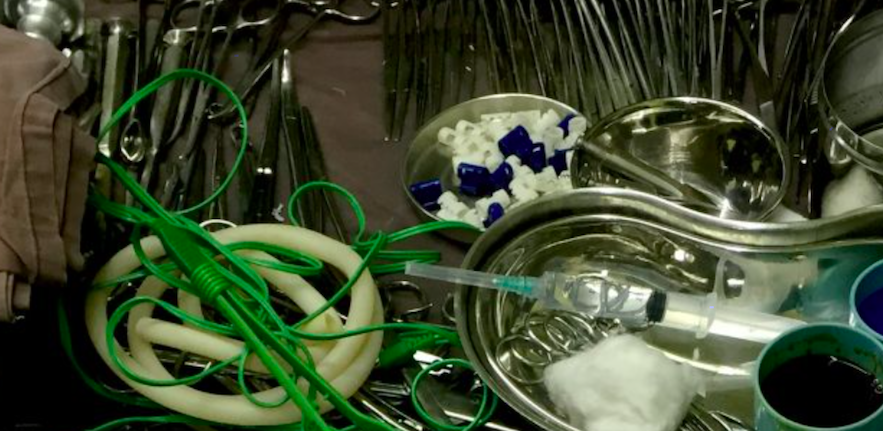
Surgery and perioperative care are an integral, indivisible aspect of a functioning health system. Despite this, over 5 billion people lack access to safe, affordable, surgical care - a deficit which impacts on all aspects of healthcare from maternal & child health to complex trauma.
In 2015 this was highlighted by three key of publications; the Lancet Commission on Global Surgery, Disease Control Priorities 3: Essential Surgery, and the World Health Assembly (WHA) Resolution 68.15 – all of which called for greater research and advocacy into the area of global surgery and perioperative care. Since then, a concerted international effort supported by major funding bodies has been seeking to address the comparative lack of research into Global Surgery and Perioperative Care.
NIHR Global Health Research Group on Neurotrauma
Founded in 2017, the NIHR Global Health Research Group on Neurotrauma (GHRGN) has an overarching mission to improve global neurotrauma care. Working with 11 collaborators in low and middle income countries and a range of academic partners, the GHRGN has four research themes: Mapping TBI care; Understanding TBI care; Generating and implementing innovation in TBI; Measuring and nurturing research capacity.
Critical Care in resource-restricted settings
The World Health Organisation (WHO) Emerging Diseases Clinical Assessment and Response Network (EDCARN) delivers interactive courses in critical care and case management in epidemics using a severe acute respiratory infections (SARI) epidemic model.
Surgical Health System mapping in the Philippines
With the aim of improving surgical systems worldwide, in 2015 the Lancet Commission on Global Surgery proposed a collection of 6 standardised indicators: Two hour access to surgery; Surgical workforce density; Surgical volume; Perioperative mortality rate (POMR); Protection against impoverishing and Catastrophic expenditure.

